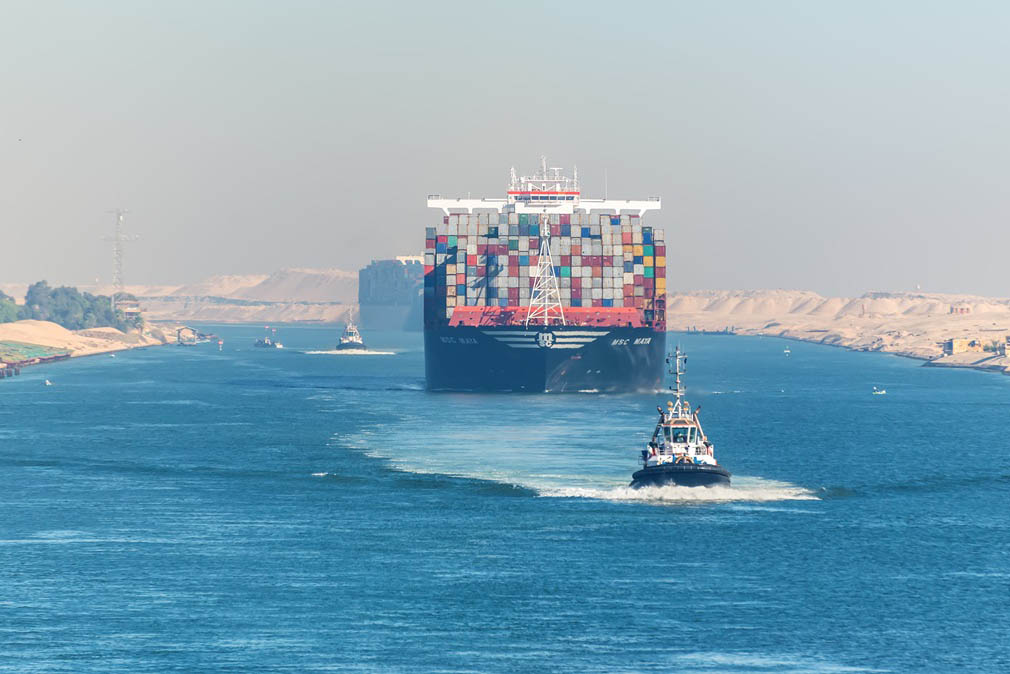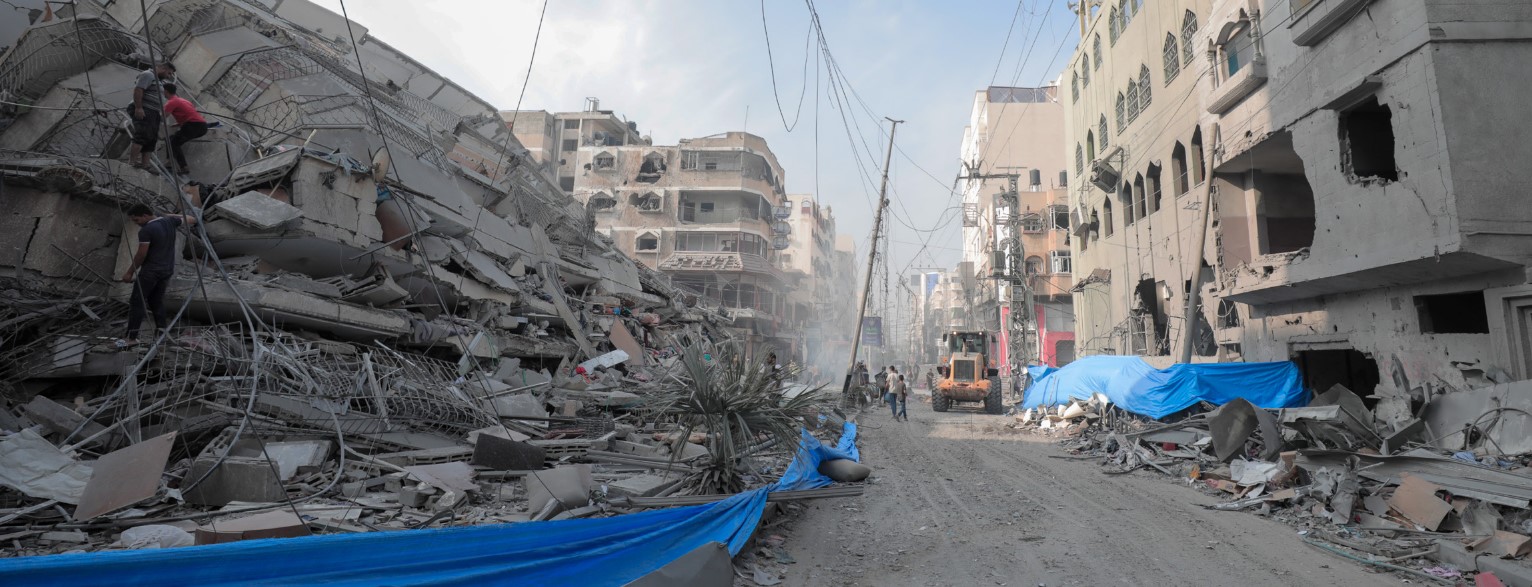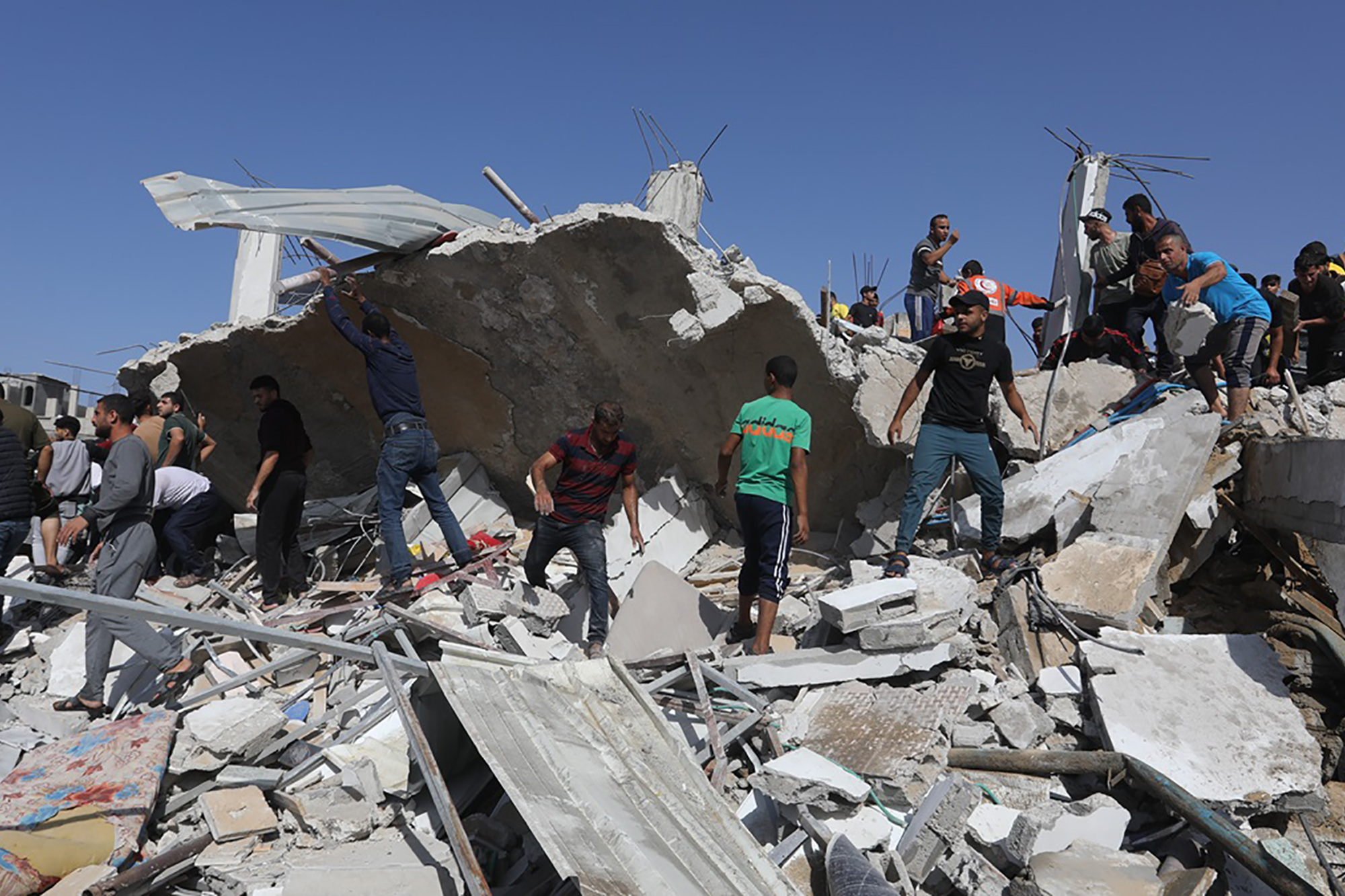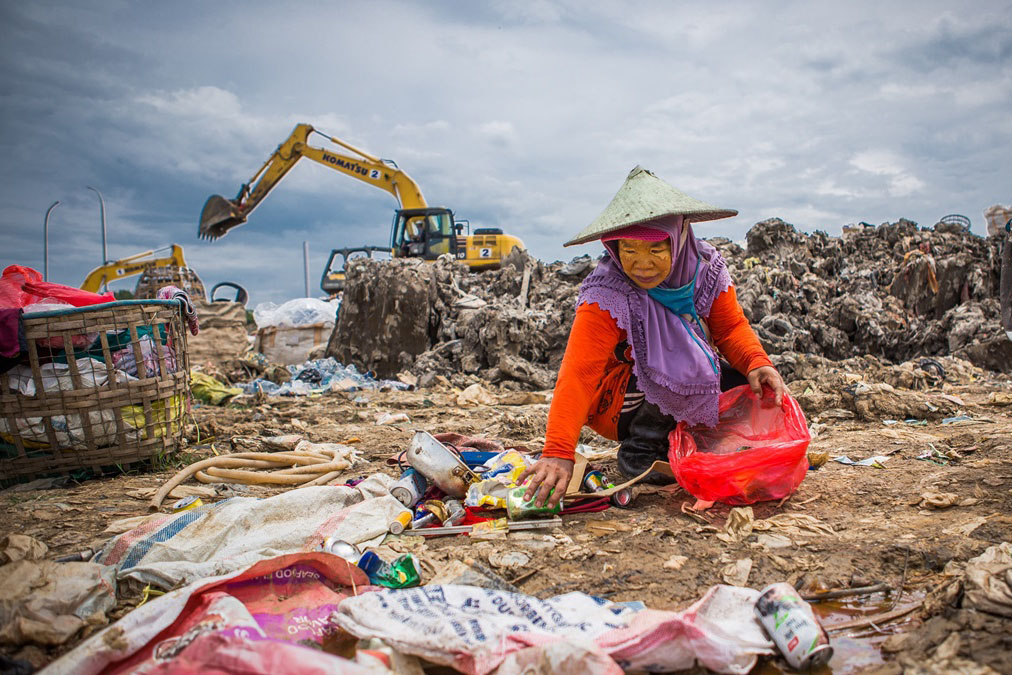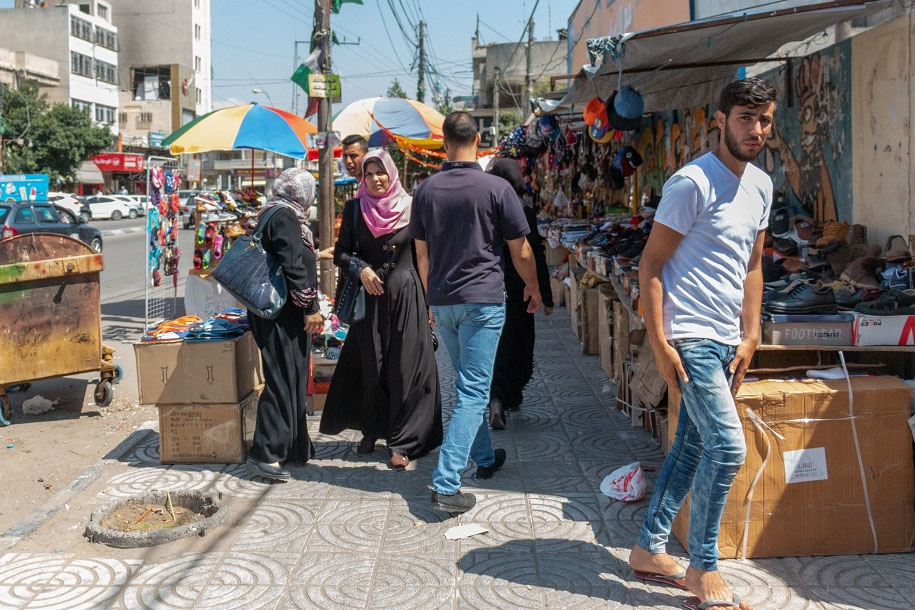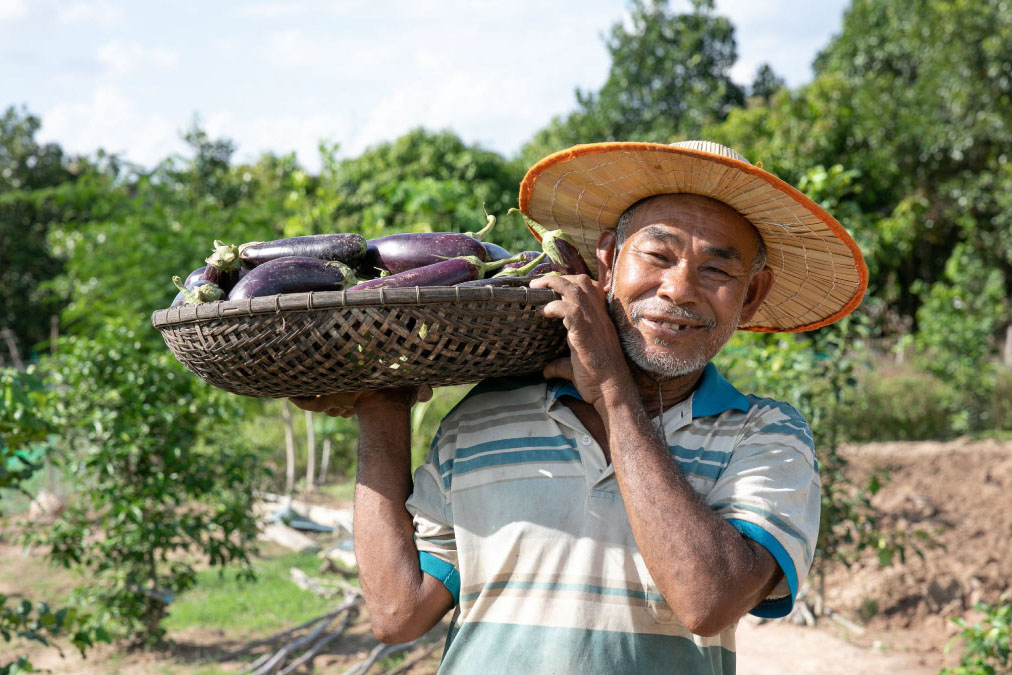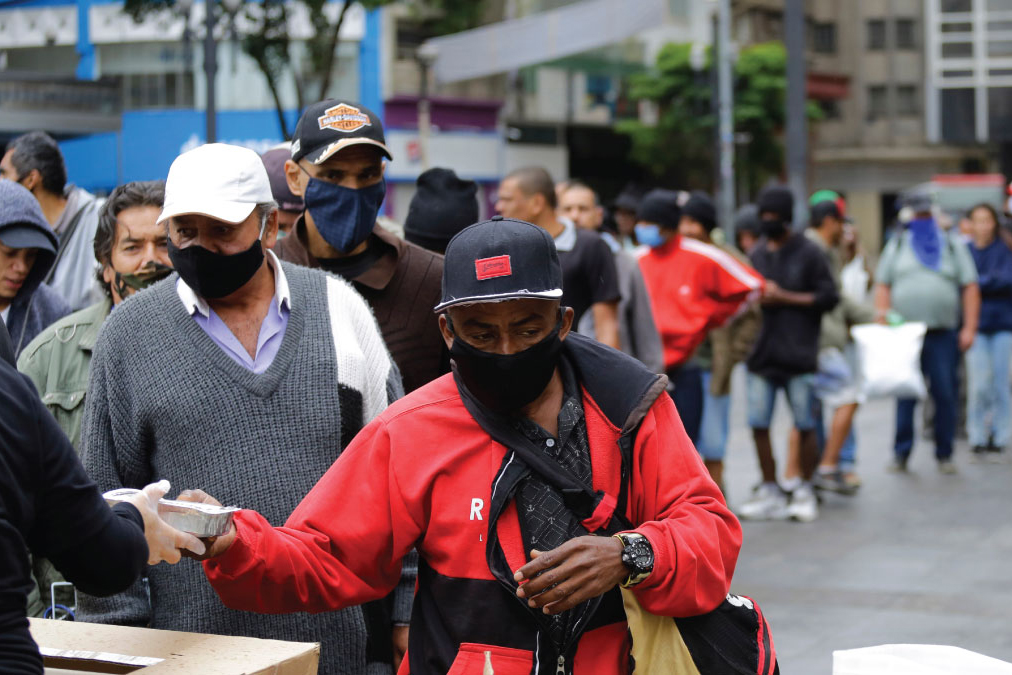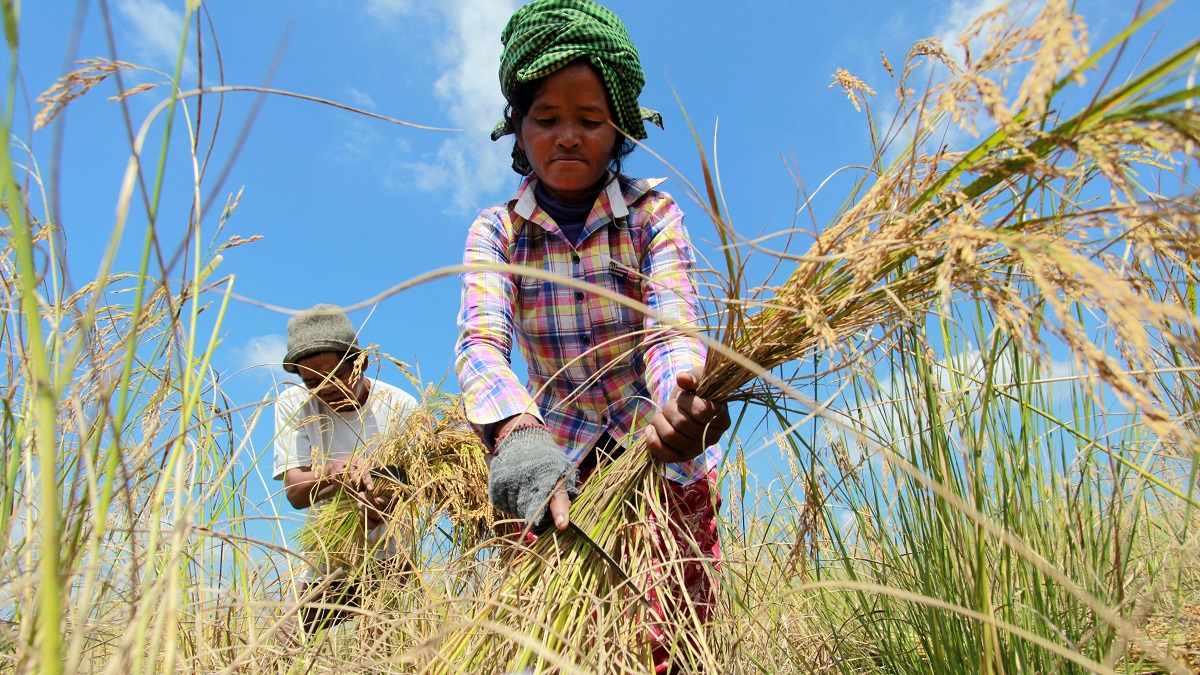UNCTAD has raised profound concerns over escalating disruptions to global trade, citing recent attacks on ships in the Red Sea, geopolitical tensions impacting shipping in the Black Sea, and the effects of climate change on the Panama Canal.
UNCTAD
This episode of The Weekly Tradecast looks at the impact of the Israel-Gaza crisis on the Palestinian economy with the United Nations Conference on Trade and Development (UNCTAD) economist Rami Alazzeh. Since the deadly assault by Hamas militants on October 7, Israel's military response has destroyed more than 37,000 buildings and displaced most of the 2.3 million people in the tiny enclave. With so much destruction, UNCTAD says in a new report that rebuilding Gaza will be all the more difficult given the already dire state of the economy from Israel’s decades-long blockade.
The current Israeli military operation in Gaza will take tens of billions of dollars and many decades to reverse, according to a new report released by the United Nations Conference on Trade and Development (UNCTAD). According to the report, the Israeli offensive greatly accelerated the contraction of Gaza's economy, resulting in a 24% contraction of GDP and a 26.1% drop in GDP per capita for the entire year. In addition, has displaced 85% of Gaza's population, halting economic activities and further worsening poverty and unemployment. The recovery of Gaza's economy from the current military operation will demand a financial commitment several times more than the $3.9 billion that resulted from the 2014 military operation in Gaza and will require a concerted international effort to restore pre-conflict socioeconomic conditions.
The 2023 Global Investment Trends Monitor by UNCTAD reported a 3% growth in global foreign direct investment (FDI), primarily driven by European "conduit" economies; however, excluding these economies revealed an 18% decline in global FDI flows, indicating mixed results for sustainable development investment.
UNCTAD report emphasizes the need to foster domestic value-addition to critical minerals in producing developing countries to increase supply chains resilience, and sustainability as evidenced in Democratic Republic of Congo.
New data released by UNCTAD highlights the limitations of Gross Domestic Product (GDP) as an all-encompassing metric for progress, underscoring that higher economic output doesn’t equate to more inclusive and sustainable growth.
UNCTAD presents eWeek to explore how to turn digital opportunities into shared development gains and close existing divides for a sustainable future. Registration is open to all.
A new report by UNCTAD highlights the urgency of crisis-resilient development finance for Least Developed Countries (LDCs).
Against a backdrop of heightened political tensions, the Palestine economy continues to operate below potential, rendering the population in dire need of humanitarian assistance, according to UNCTAD's latest report.
Transforming agrifood systems will contribute not only to eradicating poverty, ending hunger and improving nutrition, but also ensure that they are more efficient, inclusive, resilient and sustainable.
Agriculture, energy and mining dependence can leave an economy vulnerable and people poor, especially in developing countries.
The global economy is at a crossroads, where divergent growth paths, widening inequalities, growing market concentration, and mounting debt burdens cast shadows on its future.
UNCTAD launches Review of Maritime Transport 2023 highlighting the pressing need for cleaner fuels and digital solutions in the shipping industry.
Over the last six months, UNCTAD has crunched the numbers on nearly 50 SDG indicators across 90 countries. The timely data underscores the pressing need for swift and targeted action.
UNCTAD holds the World Investment Forum 2023 (16-20 October) to mobilize financing for climate action, clean energy, health care, food security and other development needs. According to UNCTAD's World Investment Report 2023, overlapping crises such as the war in Ukraine, high food and energy prices, and debt pressures led to a 12% decline in global foreign direct investment in 2022. More than 7,000 stakeholders from 160 countries will convene in Abu Dhabi for the Forum (programme). Dr. Thani Al Zeyoudi, UAE's minister of state for foreign trade, said UNCTAD can play a major role in addressing and ultimately mitigating these interlocking issues.

